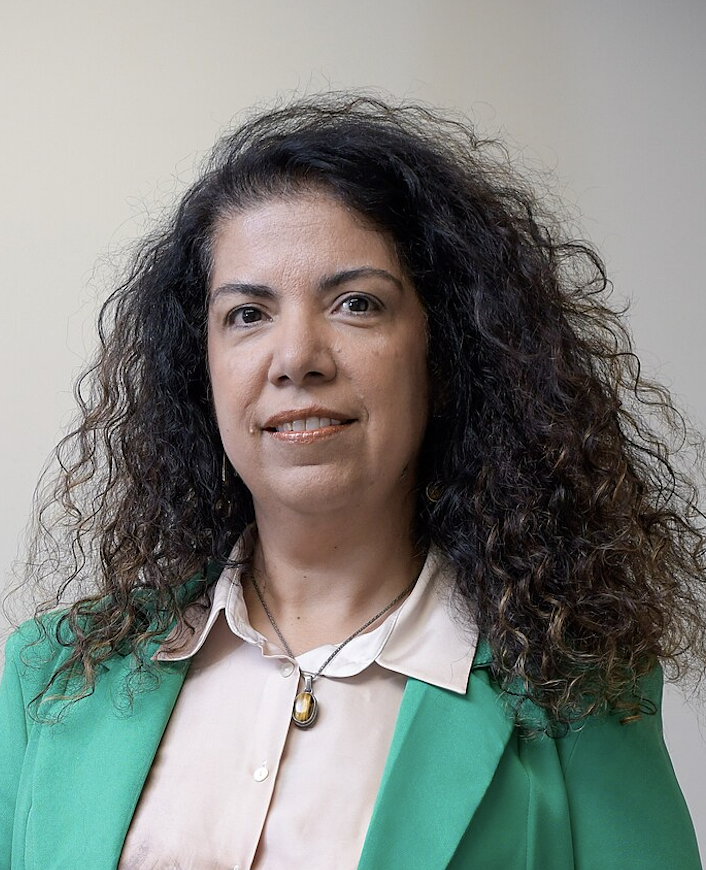In this episode, we explore how today’s trade regime shapes inequality through a Southern lens. The conversation sheds light on blind spots in mainstream debates, the resurgence of industrial policy in the North, and the tools Southern countries need to reclaim policy space within global rules. We also examine which trade-related measures can effectively reduce inequality while keeping economies integrated, and what it would take to craft a North–South trade agenda grounded in mutual responsibility .
Speakers

Hamza Saoudi
Senior Economist
Hamza Saoudi is a Senior Economist at the Policy Center for the New South (PCNS).At the PCNS, Hamza Saoudi conducts research on labor market dynamics, social protection systems, and inclusive growth, with a particular focus on Morocco and Africa. He is also interested in macroeconomic stabilization policies, international trade, and long-term economic development.He has contributed to PCNS projects and publications addressing informality, social protection, and inequality in developing economies.He also served as the project coordinator of the upcoming Oxford Handbook of the Moroccan Economy, to be published by Oxford University Press in 2026.Before joining the PCNS in 2017, Hamza Saoudi contributed to the development of quantitative models for bank credit risk management.Hamz ...










